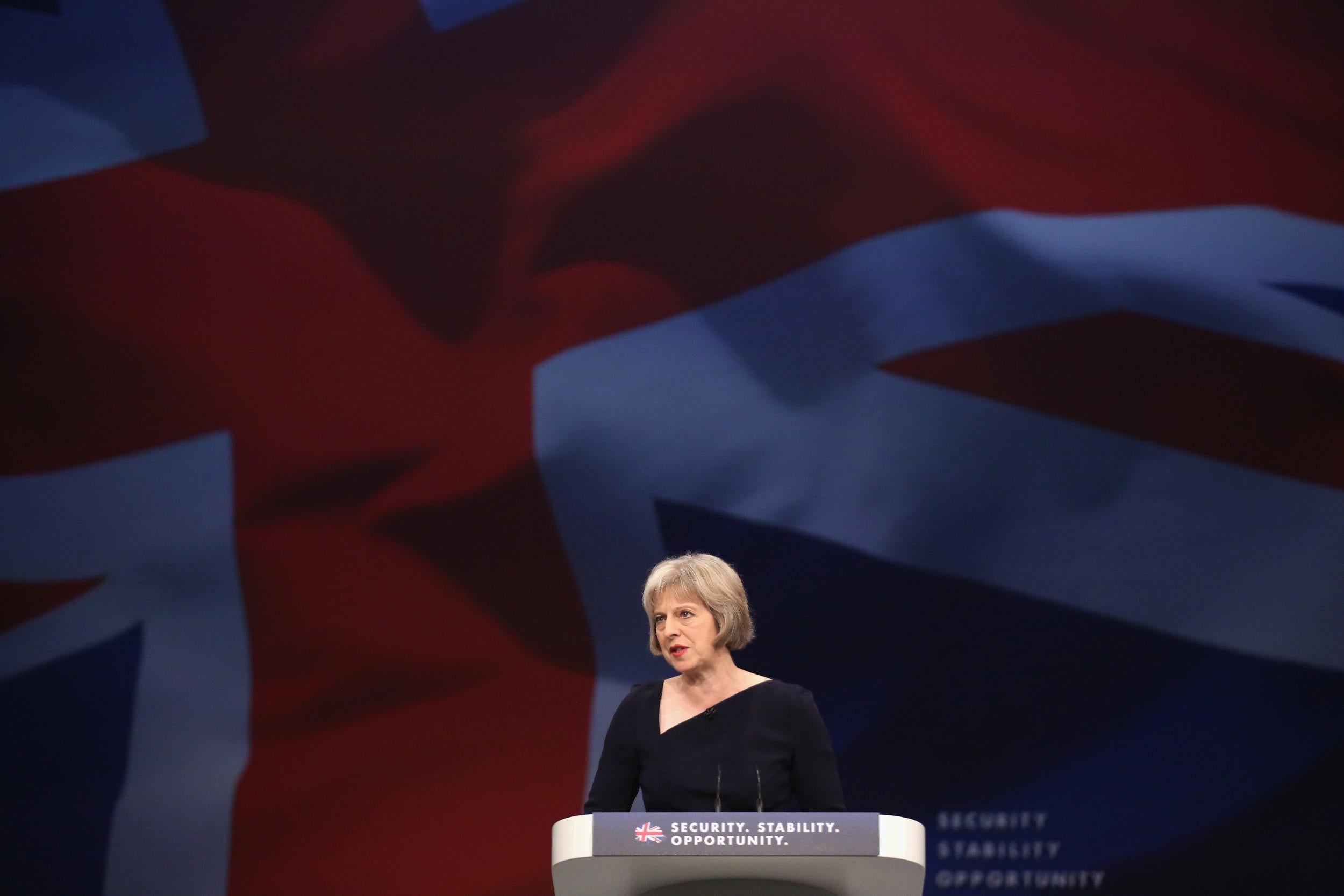Apple tax: UK says it welcomes any company after tech-giant hit with £11bn Irish tax bill
British Government has previously been attacked over tax "aggressiveness" by Swedish Prime Minister

Downing Street has signalled it would “welcome any company” to the UK, just hours after an unprecedented EU tax-decision left a question mark over Apple’s future in Ireland.
Number 10 and the Treasury said Britain was “open for business” after being asked whether it was comfortable with the tech-giant coming to Britain, following a decision which left it facing an Irish tax bill running into billions of pounds.
Chancellor Philip Hammond has already raised fears of a European ‘tax war’ and drawn criticism from one EU leader after saying the UK is ready to bolster the British economy with business levy cuts.
His department’s statement following the EU decision on Apple is likely to heighten tensions, with the Irish government scrambling to say it would launch an appeal to protect the low-rate Apple pays in Ireland.
It is also likely to anger tax campaigners who applauded the Irish decision and fear Theresa May’s Government may turn post-Brexit Britain into a tax haven for multi-national corporations.
The European Commission said the 'sweetheart' deal Ireland made with Apple had allowed the company to unlawfully avoid paying some £11bn in tax.
Its decision was a major blow for Ireland, which has sought to attract inward investment by lowering its corporation tax rate to 12.5 per cent.
Asked if the UK would like to see Apple locate here, the Prime Minister’s official spokesman said: “The narrative of the Government has been well set out. Britain is open for business, we welcome any company wishing to invest in Britain and Britain’s workforce.”
The Treasury later followed suit, releasing a statement saying: “The UK is open for business and we welcome any company wishing to invest in Britain, but we have always been clear that companies that do business here must pay UK taxes.
“That’s why we led the G20 in creating international rules to make sure taxes are paid where profits are made and why we introduced the diverted profits tax to tackle profits moved overseas when they should rightly be taxed in the UK.”
Apple’s tax arrangements in Ireland are based on an agreement drawn up in 1991, when Apple was struggling against the PC boom, and another in 2007, which allowed the company to pay a significantly reduced rate of tax on profits over more than 10 years.
But following a three-year long investigation, EU Commissioner Margrethe Vestager said member states couldn't give such tax benefits to selected companies.
She claimed the selective treatment allowed to Apple had left it paying an effective corporate tax rate of just 1 per cent on its European profits in 2003 down to 0.005 per cent in 2014.
She went on: “This is illegal under EU state aid rules. The Commission's investigation concluded that Ireland granted illegal tax benefits to Apple, which enabled it to pay substantially less tax than other businesses over many years.”
Apple said it would challenge the ruling, paving the way for an international political and financial dispute over the Commission’s authority.
In a defiant statement, the tech firm accused the Commission of launching “an effort to rewrite Apple’s history in Europe” and “upend the international tax system”.
Chief executive Tim Cook said: “The Commission’s move is unprecedented and it has serious, wide-reaching implications.
“It is effectively proposing to replace Irish tax laws with a view of what the Commission thinks the law should have been.
“This would strike a devastating blow to the sovereignty of EU member states over their own tax matters, and to the principle of certainty of law in Europe.”
The firm stated that it follows the law and pays all of the taxes it owes wherever it operates.
Irish finance minister Michael Noonan said that he “disagrees profoundly” with the commission’s findings, and has said Ireland is now seeking to appeal the decision.
The US Treasury has also responded to the commission’s decision. It said the ruling threatened the “business climate” between the US and Europe.
It is not the first time that British tax policy has threatened to cause tension following the EU referendum.
Swedish Prime Minister Stefan Lofven previously warned Britain against “aggressiveness” in slashing corporate tax cuts during Brexit talks.
Mr Lofven made his comments after being asked how Brexit negotiations would proceed.
He said: “If the UK wants some time to think about the situation, this will also give EU countries some time.
“On the other hand, you hear about plans in the UK to, for example, lower corporate taxes considerably. If they, during this time, begin that kind of race, that will of course make discussions more difficult.”
Mr Lofven added: “Aggressiveness from Britain in [tax] issues, that doesn’t improve the relationship.”
Join our commenting forum
Join thought-provoking conversations, follow other Independent readers and see their replies
Comments